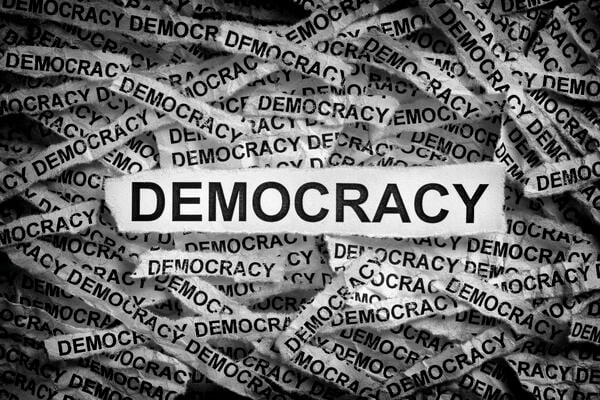
"A gnawing sense of angst seems to have descended upon us. We seem polarized and distrustful, worried and pessimistic. Faculty and students reflect those trends."
"Research shows that some of the simplest things a person can do are also among the most significant: exercising humility and listening."
"Democracy requires daily actions of its citizens. John Dewey described democracy as a way of life, something all citizens do regularly in their communities."
"Affective polarization leads us to view those who disagree with us as enemies rather than fellow citizens worthy of respect and consideration."
A recent project indicated a growing sense of angst and polarization within society, impacting faculty and students. As trust in democracy diminishes, some individuals question their role in activism, while others feel that participation in protests may be futile. Despite this, research suggests that simple actions like humility and listening can significantly improve civic engagement. Democracy should be viewed as a daily practice by citizens, not just through institutions. Affective polarization fosters the perception of opponents as adversaries rather than fellow citizens deserving respect.
Read at Inside Higher Ed | Higher Education News, Events and Jobs
Unable to calculate read time
Collection
[
|
...
]